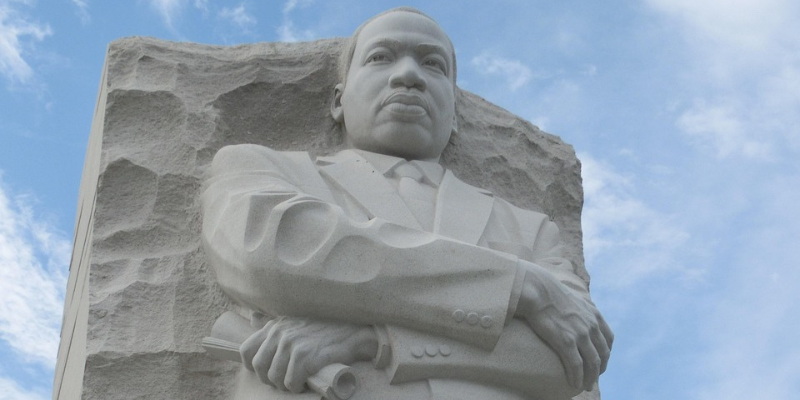I recently attended a neurology lunch and learn at the CU School of Medicine and listened to Dr. Robert Halloway Jr. talk about his insights about palliative care, philosophy and death.
Halloway referenced a book called “Denial of Death”, a book first published in the 1970’s by Ernest Becker. I was intrigued by the idea that fear of death is the ultimate driving force for humans and began reading.
Although my philosophical perspective stems from a Frankl-esque perspective that meaning and purpose drive human nature, Becker’s theory that all things stem from trying to avoid and deny death is compelling. Even meaning, purpose, and legacy can arguably be derived from an underlying fear of death. Freud got it wrong according to Becker: Freud was so committed to his causa sui project of sexuality as the underpinning of human nature that he could not accept or evaluate his own mortality.
What does death avoidance look like? Our human behavior to deny the reality of our death in fact (vs the idea of dying in general) generates all types of activities and distractions. Some distractions include keeping our heads down and focusing on the moment, self-medication, burying ourselves in work, and overall creating a delusion around ourselves that insulates us from death. Publishing and focusing on achievement are other death-denying pursuits.
Becker argues that social constructs like religion, culture, and community are all ways to attempt to conquer death. If our reputation and laws and connections continue, then arguably we have cheated death. Raising children and parenthood is thought to secure our legacy through our progeny. Conversely, behavioral health challenges (referred to in the book as “neuroses” and “psychoses”) are a result of seeing the world too clearly which causes an intolerance for reality.
It seems like Becker would be able to relate to the Buddhist perspective that in order to decrease suffering, we need to embrace the idea that we will die one day, and it will free us from the struggle to avoid death. We realize that an academic exercise is divergent from living from the place of fear of the future trajectory of serious illness, and people employ a variety of distractions in order to not feel the fear. When we meet with people living with serious illness as palliative care professionals, keeping in mind this overarching denial of death might help us better understand the subconscious conflict that is playing out.
Here is the information for Becker’s book:
Becker, E. (1973) The Denial of Death. New York: The Free Press. 316 pages. ISBN 978-0-684-83240-1
Amazon.com : denial of death becker
And the link to the Ernest Becker foundation is below:
The Denial of Death and the Practice of Dying — Ernest Becker Foundation - Illuminating Denial of Death



